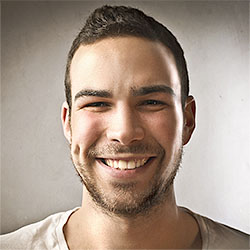Prescription Drugs
Call us now (000) 123-4567. We’re available to you 24/7
About the Contributor

John Doe
Lorem ipsum dolor sit amet, consectetur adipiscing elit. Ut elit tellus, luctus nec ullamcorper mattis, pulvinar dapibus leo.
What are Prescription Drugs?
Prescription drugs are a category of substances that are available in the United States only when authorized by a doctor or another qualified professional. Prescription drugs are used to treat a wide range of physical and mental health conditions, including but by no means limited to chronic and acute pain, heart conditions, hypertension, anxiety, and depression. Some prescription drugs are designed to be used only for a short amount of time, while others may be taken for many years.
Unfortunately, many prescription drugs pose a risk of abuse and addiction. When someone becomes addicted to a prescription drug, they may lose the ability to control how much of the drug they use or how often they use it. Prescription drug addiction can lead to myriad negative outcomes, including organ damage, the onset or worsening of co-occurring mental illnesses, overdose, and death.
How Does Prescription Drug Addiction Treatment Work?
Prescription drug addiction treatment has two general goals:
- To help you end your prescription drug abuse
- To help you make the changes that will support long-term recovery
To accomplish these goals, effective drug addiction treatment centers may employ a variety of therapies and services.
Before you receive prescription drug addiction treatment at a Creekside Recovery Network facility, you will complete a thorough intake assessment. Your treatment team will use the information that they gather during this assessment to determine which level of care is right for you, and also to develop your customized plan.
Our facilities offer prescription drug addiction treatment at the following levels:
- Residential care
- Partial hospitalization program (PHP)
- Intensive outpatient program (IOP)
- Outpatient rehab
After carefully considering factors such as the impact prescription drug abuse has had on your life, if you have any co-occurring mental health concern, and which level of care you’re in, your team may incorporate the following elements into your care:
- Individual therapy
- Group therapy
- Family therapy
- Trauma therapy
- EMDR therapy
- Reiki
- Music therapy
- Nutrition education
- Brainspotting therapy
- Red Light therapy
How Do I Know I Need Prescription Drug Treatment?
The only way to know for sure if you need prescription drug treatment is to complete an assessment with a qualified professional. To determine if you should schedule an assessment, ask yourself the following questions:
- Has your prescription drug use caused you to miss school or work, or otherwise fail to fulfill your responsibilities?
- Do you spend a significant amount of time acquiring, using, and recovering from the use of prescription drugs?
- Do you need to use prescription drugs to feel joy or deal with sadness?
- Do you find it difficult to get through the day without using a prescription drug?
- Do you become angry, agitated, or irritated if you can’t acquire and use prescription drugs?
- Has your prescription drug use been a source of conflict in your relationships?
- Have you lied to friends, family members, or colleagues about the frequency and amount of your prescription drug use?
- Do you need to take greater amounts of prescription drugs to achieve the effects that you used to experience after much smaller doses?
- Has anyone ever suggested to you that you might be addicted to prescription drugs?
- Do you think you might need prescription drug addiction treatment?
Signs and Symptoms of Prescription Drug Addiction
The following signs and symptoms may indicate that a person has developed an addiction to prescription drugs:
- They use prescription medications more frequently or in greater amounts than directed.
- They continue to use a prescription medication after their illness or injury has subsided.
- They visit several doctors and lie about their symptoms in an attempt to acquire multiple prescriptions for prescription medication.
- They try to buy, borrow, or steal medications that were prescribed to other people.
- They experience physical and/or emotional distress if they can’t use a prescription drug.
- Their abuse of prescription medications has caused problems in school, at work, or in the context of their personal relationships.
- Even after incurring harm due to their prescription drug abuse, they continue to use the medication.
- They have begun to use prescription drugs in ways that are clearly hazardous to their health, such as by combining them with alcohol or other substances.
- They have tried to stop using prescription drugs, but they were unable to do so.
Most Commonly Abused Prescription Drugs
Virtually every prescription medication poses at least a slight risk of addiction. But some are abused much more frequently than others. Three of the most commonly abused prescription drugs include opioid-based painkillers, stimulants that are typically used to treat ADHD, and benzodiazepines that are often used to treat anxiety
In each of the following lists of commonly abused prescription drugs, the generic term is listed first, followed by the brand name in parentheses.
Opioid-based prescription painkillers:
- Codeine (Present in several brand name medications)
- Oxycodone (OxyContin, Percocet)
- Oxymorphone (Opana)
- Hydrocodone (Vicodin)
- Hydromorphone (Dilaudid)
Prescription stimulants:
- Amphetamine (Adderall)
- Methylphenidate (Ritalin, Concerta)
Prescription benzodiazepines:
- Alprazolam (Xanax)
- Clonazepam (Klonopin)
- Diazepam (Valium)
- Lorazepam (Ativan)
- Triazolam (Halcion)
Get In Touch
Contrary to popular belief, Lorem Ipsum is not simply random text. It has roots in a piece of classical Latin literature from 45 BC, making it over 2000 years old.
What to Expect At Creekside Recovery Network
Our focus on personalized service means that each person has a unique experience in our facilities. However, every person who heals with us can expect to benefit from the following fundamental features of our programming:
- Safe and welcoming environment: When you are struggling with untreated addiction, your health is continually at risk. When you enter treatment at one of our centers, you will be in a safe, drug-free space among people who truly care about you.
- Customized treatment plan: We understand that every person who becomes addicted to prescription drugs is impacted in a unique manner, and we are committed to providing the customized services that best meet your specific needs.
- Skilled professionals: At our prescription drug addiction treatment facilities, you will work in close collaboration with a team of talented and experienced professionals. These dedicated caregivers will encourage you to play an active role in all aspects of your care.
- Compassionate care: Untreated prescription drug addiction can have a profound negative impact on your confidence and self-esteem. At our facilities, you will be treated as a valuable individual who is worthy of being treated with compassion and respect.
- Long-term planning: As we will discuss in greater detail in the next section, the care you receive from Creekside Recovery Network is designed to yield lifelong benefits.
What Happens After Treatment?
Participating in treatment is just one step on the path toward successful recovery from prescription drug addiction. To prepare you for continued progress after you have transitioned out of our care, we will develop a thorough discharge plan that reflects both your progress in treatment and your continued needs.
Depending on a variety of individual factors, your discharge plan may include referrals to outpatient programming, details about support groups in your area, and information about other community-based resources that can help you achieve your immediate and long-term goals.
Begin Prescription Drug Treatment at a Center Near You
Creekside Recovery Network offers comprehensive prescription drug treatment at multiple locations. The treatment centers in our network are trusted providers of quality care and comprehensive support. With the help of our dedicated professionals, you can end your abuse of prescription drugs and build a healthier life in recovery. To learn more about our programs and services, or to schedule a free assessment, contact us today.
